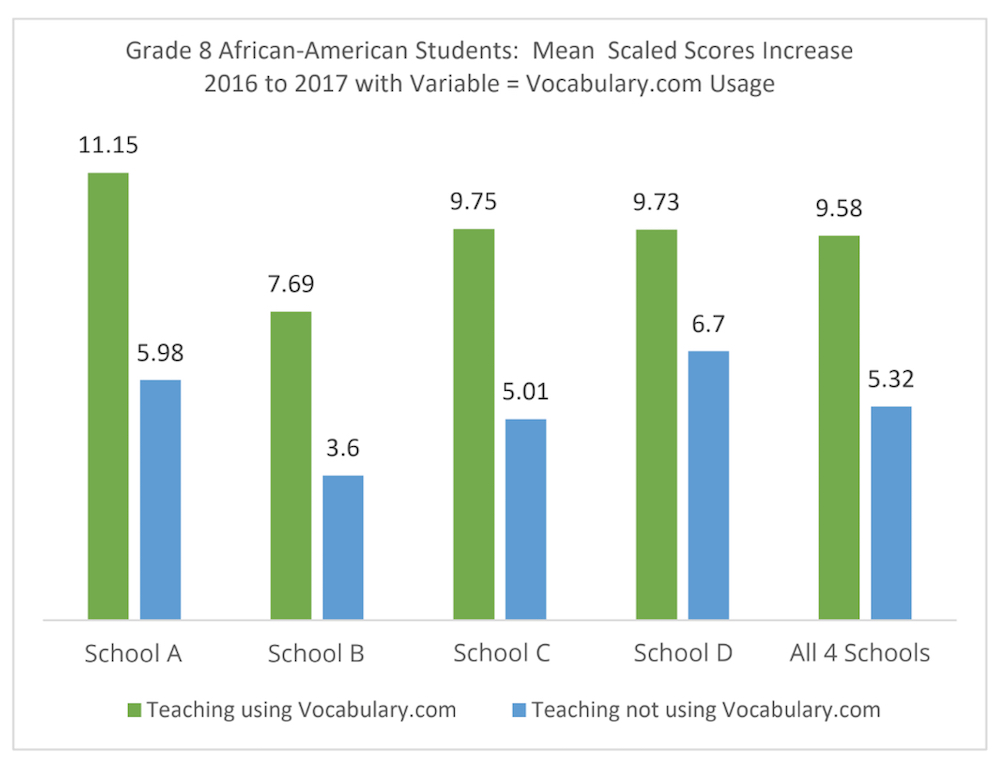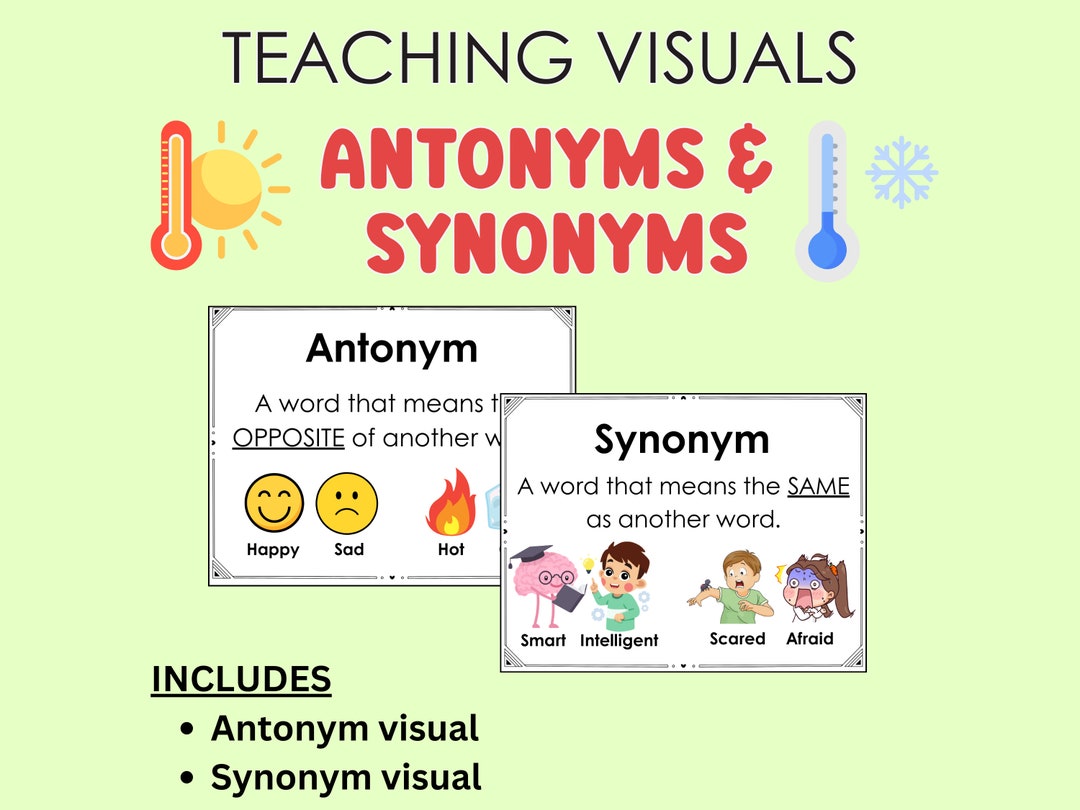Table of Contents
- Unlocking the Power of Synonyms
- Why Synonyms Matter
- Crafting Your Words
- Pitfalls to Avoid
- Synonyms in Action
- Tools and Resources
- Synonyms as a Language Learning Tool
- Final Thoughts
Unlocking the Power of Synonyms
Understanding synonyms is essential for improving your writing. Simply put, synonyms are words that share similar meanings. Using them can add depth and variety to your writing.
There are three main types of synonyms to consider:
- Absolute Synonyms: Words with the exact same meaning, like “car” and “automobile.”
- Partial Synonyms: Words that are similar but carry different nuances, such as “begin” and “start.”
- Near Synonyms: Words that are related but not interchangeable, like “happy,” “joyful,” and “elated.”
While synonyms can enhance clarity, it's just as important to understand how they differ from antonyms, which are words with opposite meanings. For example, “hot” is an antonym of “cold.”
Using a variety of synonyms can help you engage your readers more effectively. Recent studies show that synonym diversity can increase reader engagement by up to 30%. Additionally, a broader vocabulary allows you to express nuanced ideas, making your writing clearer and more compelling.
Infographic illustrating the different types of synonyms and examples (Source: CTF Assets)
Why Synonyms Matter
You may wonder why synonyms are vital in your writing. Their main benefit lies in enhancing communication. Synonyms allow for diversity in language, making your content more engaging and less repetitive. This is especially important for SEO, as varied language can capture different search intents.
Moreover, using synonyms can boost your confidence as a writer. The more words you have at your disposal to express a thought, the clearer and more impactful your writing will be. Research indicates that a rich vocabulary is essential for keeping reader interest and enhancing emotional expression in your text.
In essence, synonyms serve not only as effective substitutions for specific words but also enrich your writing's overall quality. A well-rounded vocabulary aids in articulating ideas more precisely, which can be beneficial in both creative and academic contexts.

Chart showcasing statistics on reader engagement linked to the use of diverse vocabulary (Source: Vocabulary.com)
Crafting Your Words
When it comes to writing, having a toolbox of techniques to use synonyms effectively is invaluable. One simple strategy is to replace repeated words with suitable synonyms. This practice keeps your content dynamic and engaging.
In academic writing, integrating synonyms requires caution. Your goal should be to maintain the integrity of your argument while enriching your language. For instance, choosing precise words is crucial to ensure that you convey exactly what you intend.
In terms of SEO, synonyms help in avoiding keyword stuffing while improving keyword diversity, an essential factor in search engine rankings. Content that skillfully avoids repetition seems more natural and appealing to both readers and search engines.

Diagram illustrating keyword research tool performance metrics related to synonym integration (Source: GeeksforGeeks)
Pitfalls to Avoid
As you use synonyms, be mindful of common pitfalls. A significant issue is misalignment with context; not all synonyms can substitute one another without changing your text's meaning.
Over-reliance on synonyms can lead to awkward phrasing, disrupting the flow of your writing. It's crucial to strike the right balance and use synonyms judiciously to avoid redundancy.
Research shows that excessive use of synonyms can reduce comprehension by 20%. It’s important to ensure that your writing remains clear and effective without losing its intended meaning.

Visual guide presenting do's and don'ts for effective synonym usage in writing (Source: Etsy)
Synonyms in Action
Synonyms can enhance various types of writing, from business reports to persuasive essays. In business writing, synonyms clarify complex ideas, ensuring that your message is understood.
In creative writing, synonyms introduce emotional depth and vivid imagery, allowing you to paint a clear picture for your readers. For persuasive writing, synonyms can evoke strong feelings and bolster your arguments, making your points more compelling.
Using diverse vocabulary not only engages your audience but also enhances your credibility as a writer. Research indicates that varied vocabulary can significantly improve response rates, an important factor in effective writing.

Example showcasing effective synonym use in writing styles (Source: 7esl)
Tools and Resources
Finding the right synonyms has been made easier thanks to various online resources. Websites like Thesaurus.com and Grammarly provide extensive databases that help you quickly locate synonyms. AI-powered tools, such as QuillBot, offer contextual synonym suggestions, making it easier to integrate them smoothly into your writing.
When using a thesaurus, it's important to not only understand a word's meaning but also its connotations. Some tools allow you to explore synonyms visually, aiding your grasp of word relationships.
By making use of these resources, you can enhance your vocabulary and adapt your writing to different formats and audiences.
Screenshots of popular synonym tools for assistance in finding the right synonyms (Source: QuillBot)
Synonyms as a Language Learning Tool
For language learners, synonyms provide a valuable opportunity to broaden vocabulary. Learning synonyms can help you articulate concepts with greater clarity, which is essential for improving fluency.
Practical techniques for mastering synonyms include using flashcards, creating vocabulary maps, and engaging in writing exercises that incorporate synonyms. These strategies not only enhance your language skills but also make the learning process more enjoyable.
Studies indicate that exposure to synonyms can improve vocabulary retention by 40%, emphasizing their importance in effective language acquisition.

Diagram showing taxonomy of vocabulary learning strategies and synonym use (Source: ResearchGate)
Final Thoughts
In summary, expanding your vocabulary through synonyms can significantly enhance your writing and communication skills. Regular practice with synonyms can make your writing more engaging and clear.
Consider integrating synonyms into your daily writing routine. You might keep a personal thesaurus or leverage one of the many online resources available.
We encourage you to share your experiences with synonyms in your writing journey and explore their impact on your clarity and reader engagement. Improving your language skills is an ongoing process, and synonyms are a key resource in this journey.

Inspirational quote graphic about effective writing (Source: The Write Practice)
With this guide, you now have a clearer understanding of synonyms and their importance in writing. By making effective use of synonyms, you can create more engaging, clear, and impactful content that resonates with your readers.

コメント (0)
サインイン ディスカッションに参加するには .